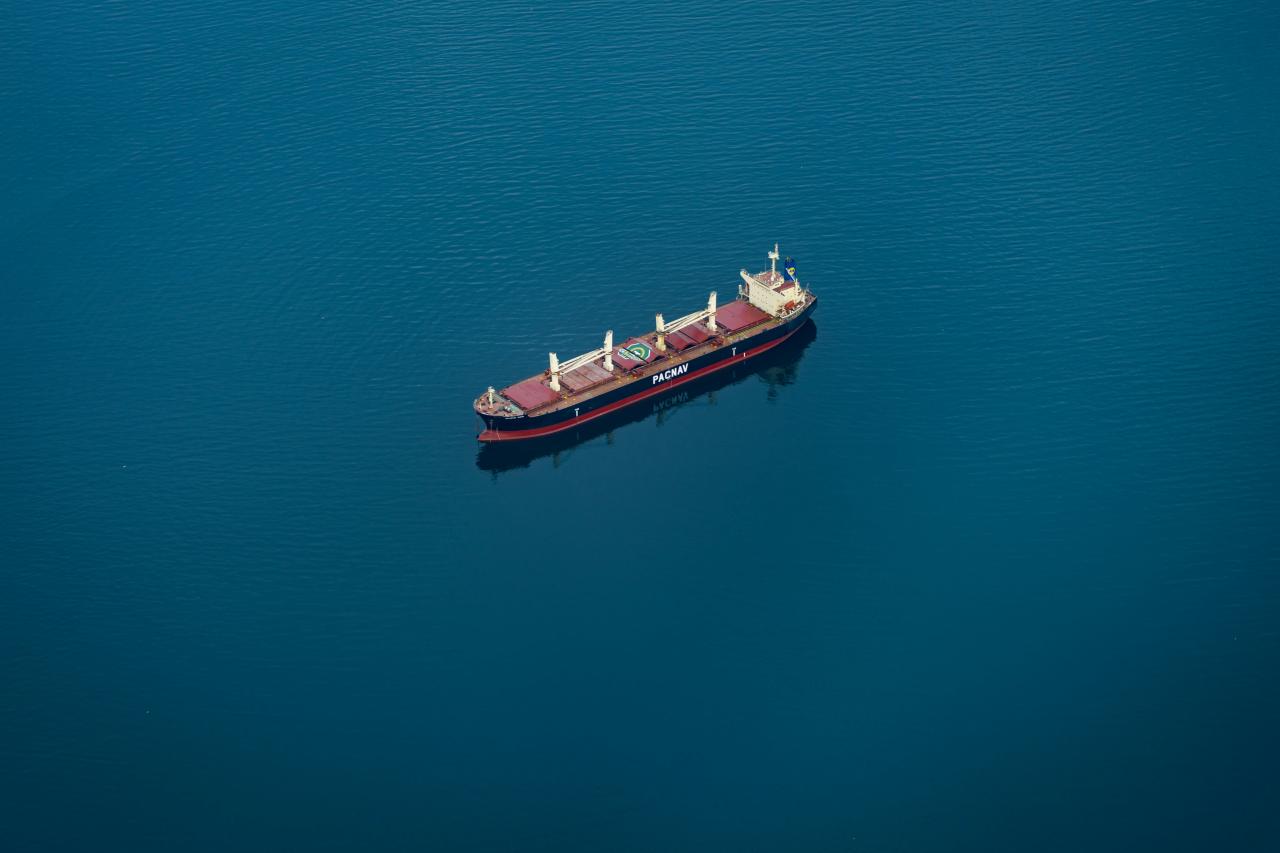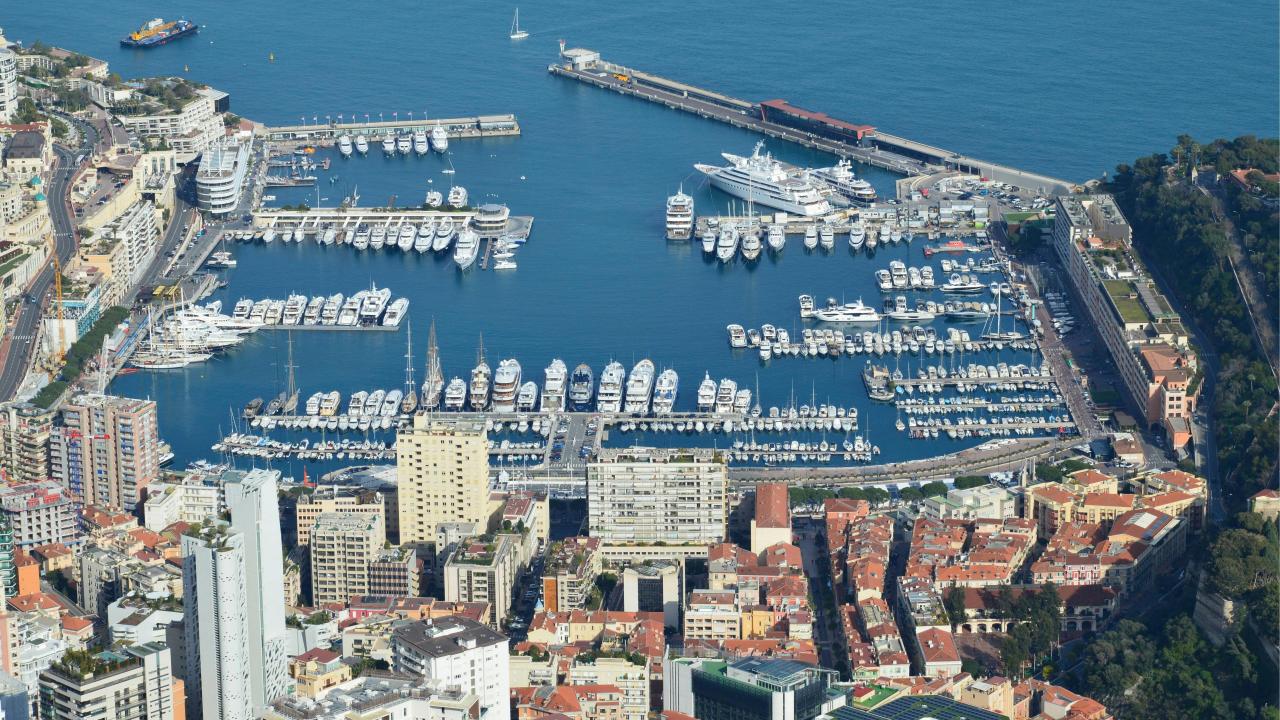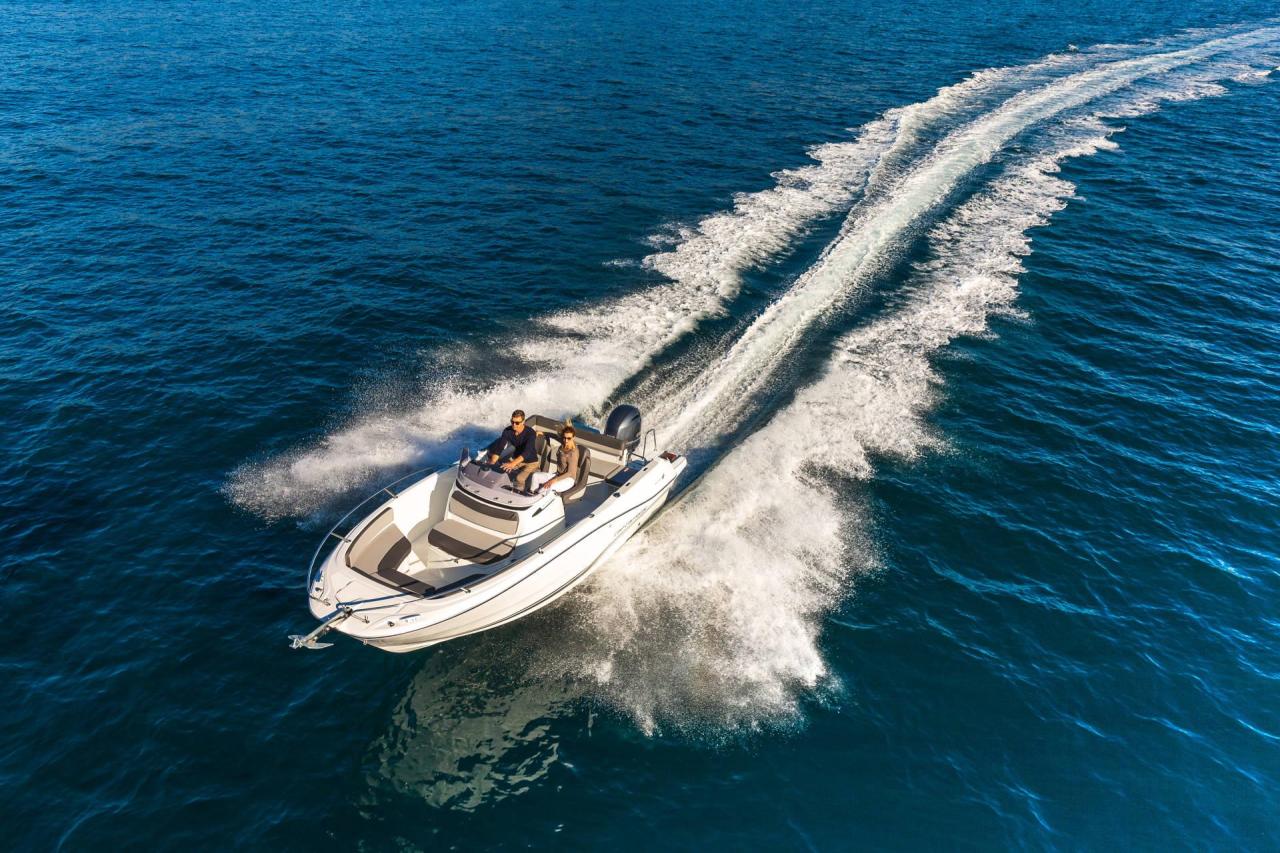Autonomous Boats: The Future of Navigation?

Sailing on the water is a wonderful experience, but it can also be costly in terms of fuel consumption. Optimizing your boat's fuel usage not only helps reduce costs but also minimizes your environmental impact. In this article, we explore various methods and practices to reduce your boat's fuel consumption while maintaining optimal performance.
Choose the Right Boat and Engine
The first step in optimizing fuel consumption is selecting a boat and engine suited to your needs. A boat that is too large or an overpowered engine will consume more fuel. Ensure your boat is proportional to your intended use and that the engine is powerful enough without being excessive.
Practical Tips:
Boat Size and Weight:
A lighter and smaller boat generally consumes less fuel. If you are considering purchasing a new boat, consider the size and weight based on your primary use. For example, a smaller, lighter boat might suffice for fishing trips.
Engine Type:
Four-stroke engines are often more efficient than two-stroke engines, offering better fuel economy and being more environmentally friendly. Also, consider electric or hybrid engines if you primarily navigate inland waters.
Regular Maintenance:
A well-maintained engine operates more efficiently. Adhere to the maintenance intervals recommended by the manufacturer and have your engine inspected by a professional at least once a year.
Maintain Your Boat Regularly
A well-maintained boat is more fuel-efficient. Algae, barnacles, and other debris accumulating on the hull increase drag and fuel consumption.
Practical Tips:
Hull Cleaning:
Regularly clean the hull to reduce drag. Use eco-friendly products to avoid polluting the water. A thorough cleaning at least once per season is recommended.
Propeller Inspection:
Ensure propellers are not damaged and function properly. Damaged or unbalanced propellers can increase fuel consumption by up to 10%.
Oil Changes and Filtration:
Regularly change the oil and filters to maintain optimal engine performance. Follow the manufacturer's recommendations for oil change intervals and replace fuel filters to prevent clogs.
Adopt Fuel-Efficient Navigation Practices
Your navigation style directly impacts fuel consumption. Efficient navigation techniques can greatly reduce your fuel use.
Practical Tips:
Cruising Speed:
Maintain a constant and moderate cruising speed. Most boats have an optimal speed for fuel economy, often between 20 and 30 knots. Check your boat's manual to determine this speed.
Trip Planning:
Plan your trips to avoid unnecessary detours and areas with heavy swells. Use marine charts and navigation apps to optimize your routes.
Use of Sails:
If your boat is equipped with sails, use them to reduce engine use. Learn to effectively combine sail and engine power to maximize efficiency.
Reduce Weight and Clutter
Every extra kilogram on board increases fuel consumption. Reduce weight and clutter to improve efficiency.
Practical Tips:
Non-Essential Equipment:
Remove unnecessary equipment and items. Regularly inventory and unload anything not needed for your sea outings.
Weight Distribution:
Ensure balanced weight distribution to avoid overloading one side of the boat. Uneven distribution can cause additional drag and increase fuel consumption.
Invest in Fuel-Efficient Technologies
Many modern technologies can help reduce fuel consumption.
Practical Tips:
Fuel Management Systems:
Use fuel management systems to monitor and optimize consumption. These systems provide real-time data on fuel use, allowing immediate adjustments to improve efficiency.
Variable Pitch Propellers:
Variable pitch propellers can adjust the blade angle for maximum efficiency, better adapting to navigation conditions and boat load.
Antifouling Coatings:
Apply antifouling coatings to reduce biofilm growth on the hull. Modern antifouling coatings are designed to minimize drag while being environmentally friendly.
Optimizing your boat's fuel consumption involves a combination of good navigation practices, regular maintenance, and wise investments in modern technologies. By following the tips and tricks presented in this article, you can save on fuel costs and contribute to environmental protection. Navigating more efficiently benefits both your wallet and the planet. Enjoy your sea outings to the fullest while reducing your ecological footprint.




